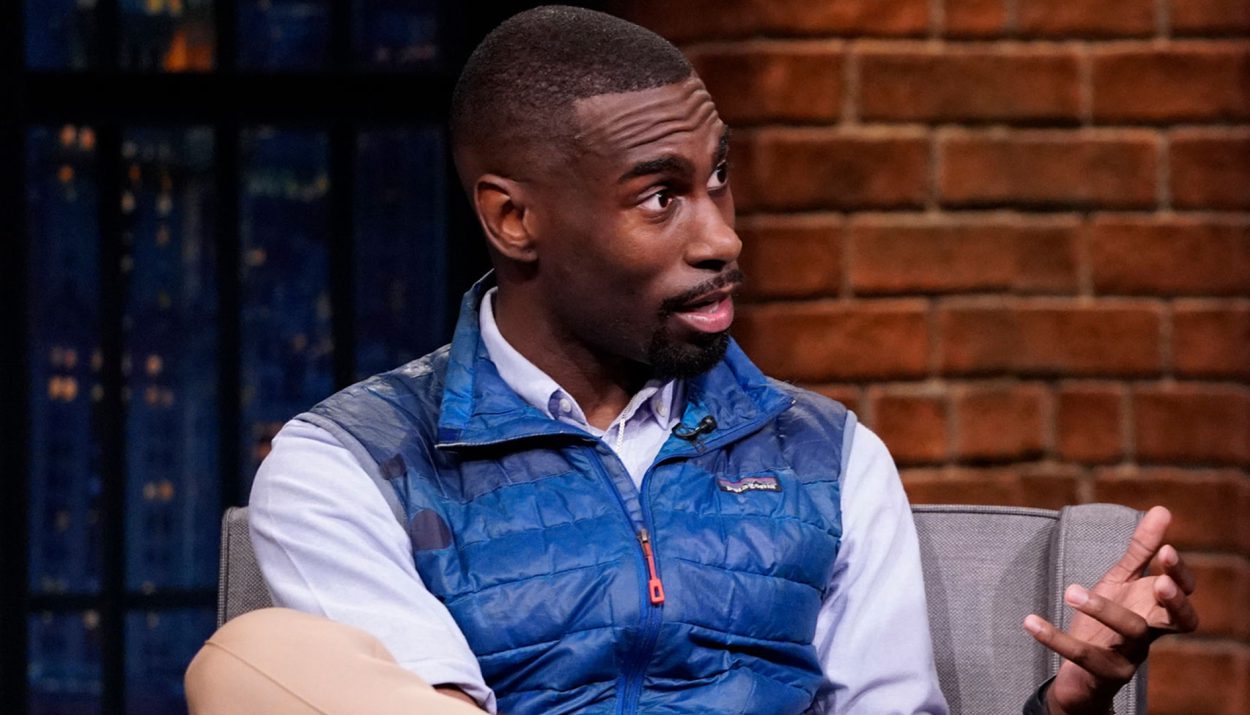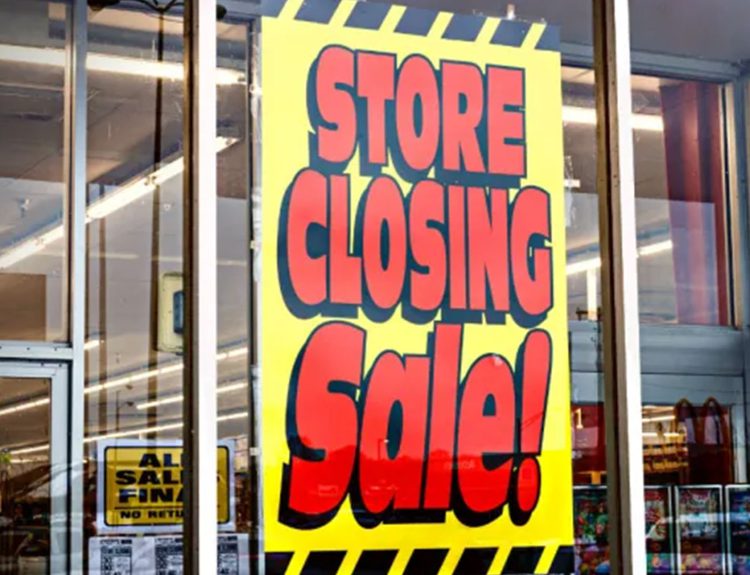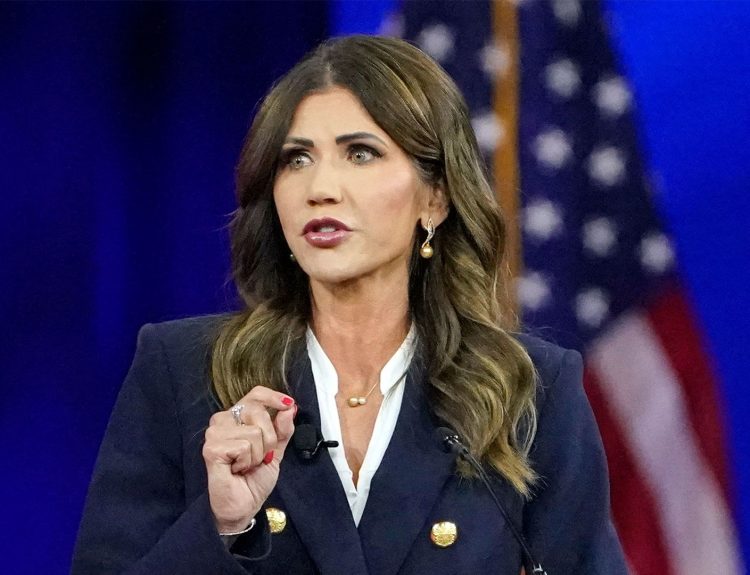The Supreme Court has declined to hear an appeal filed by Black Lives Matter activist DeRay Mckesson. Mckesson is being sued by a Baton Rouge police officer who sustained an injury to his head during a July 2016 protest.
Can The Protest Leader Be Held Responsible In This Case?
The core issue in this case is whether the leader of a protest, in this instance Mckesson, can be held responsible for injuries caused by an unidentified person during the protest, given that the protest leader did not authorize or direct the aggressive act.
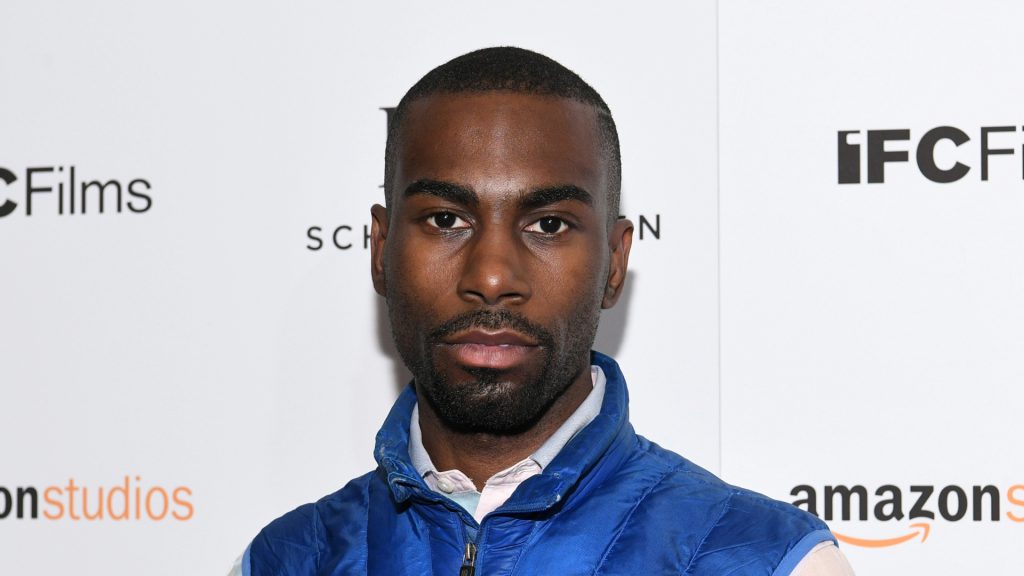
Mckesson has been sued by officer John Doe of the Baton Rouge Police Department.
The Killing Of Alton Sterling
The dispute stemmed from the killing of Alton Sterling, a Black man from Baton Rouge, Louisiana. On July 5, 2016, Sterling was shot and killed by a White police officer outside a convenience store.
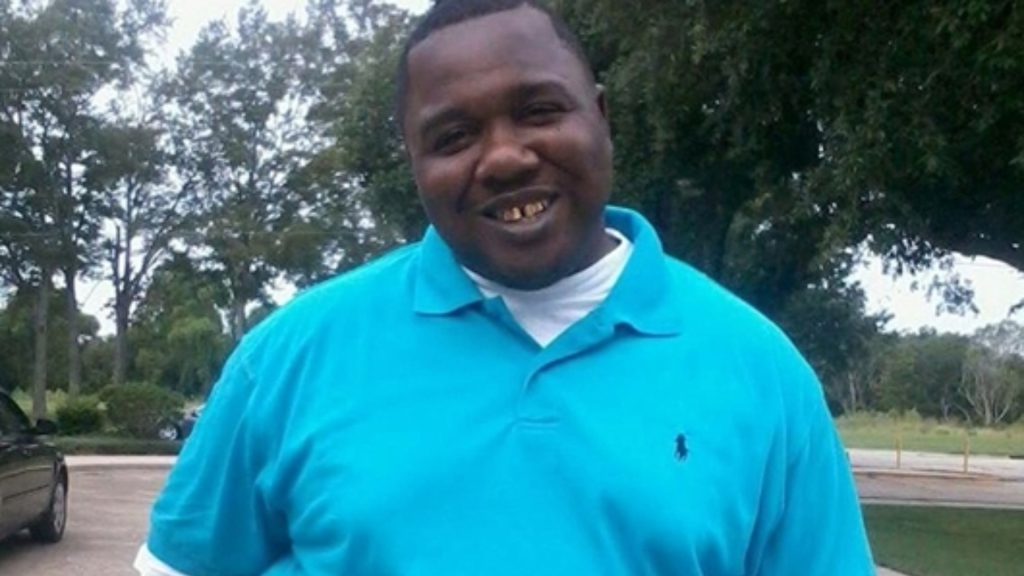
Sterling’s death triggered a series of protests against police brutality and violence, including one that started outside the Baton Rouge Police Department on July 9, 2016.
Injuries Sustained By Officer John Doe
During the protest, a police officer was hit in the face by a piece of concrete or rock thrown by a protester who has not been identified.
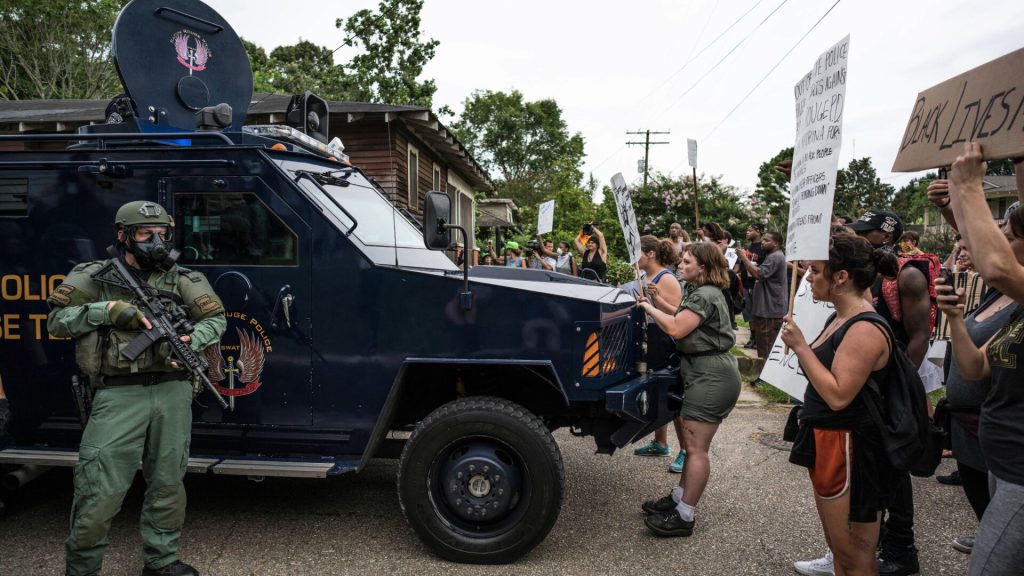
The officer’s lawyers have claimed that he lost teeth and sustained a brain injury, as a result of the attack.
Doe’s Allegations Against Mckesson
Officer Doe filed a negligence lawsuit against Mckesson in federal court, alleging that Mckesson was aware that the protest would turn violent and did not take steps to de-escalate the situation.
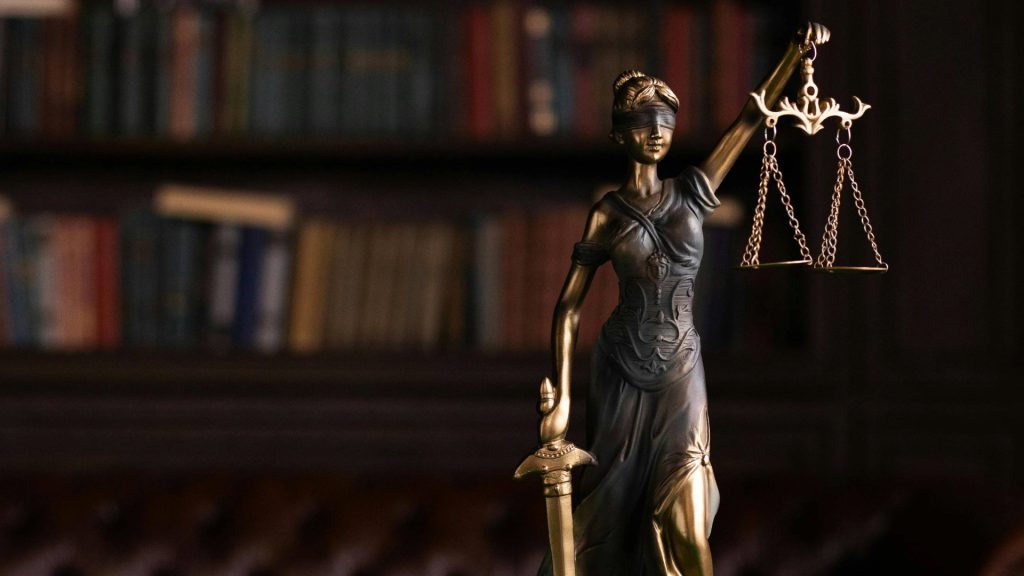
Mckesson is being represented by the American Civil Liberties Union (ACLU). According to ACLU, the First Amendment protects Mckesson from being sued in this case.
The Case Has Been Bouncing Around Courts For A While Now
The case has been bouncing around in courts for a while now. In 2017, a ruling from a federal district court dismissed the lawsuit against Mckesson.
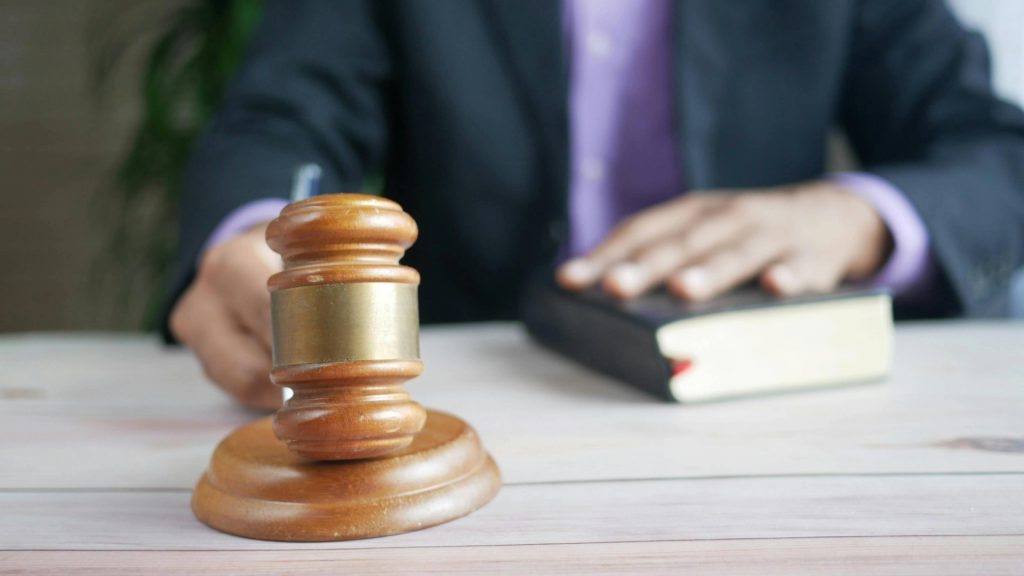
The U.S. Court of Appeals for the 5th Circuit later overturned that decision and allowed the lawsuit against Mckesson to proceed. Mckesson then appealed to the Supreme Court, which remanded the case for further consideration regarding the application of state law to the lawsuit.
The 5th Circuit Ruled Allowing The Lawsuit Against Mckesson To Proceed
Following the Louisiana Supreme Court’s decision that a protest leader could face a negligence lawsuit, the 5th Circuit ruled in June 2023 to allow the lawsuit against Mckesson to proceed.
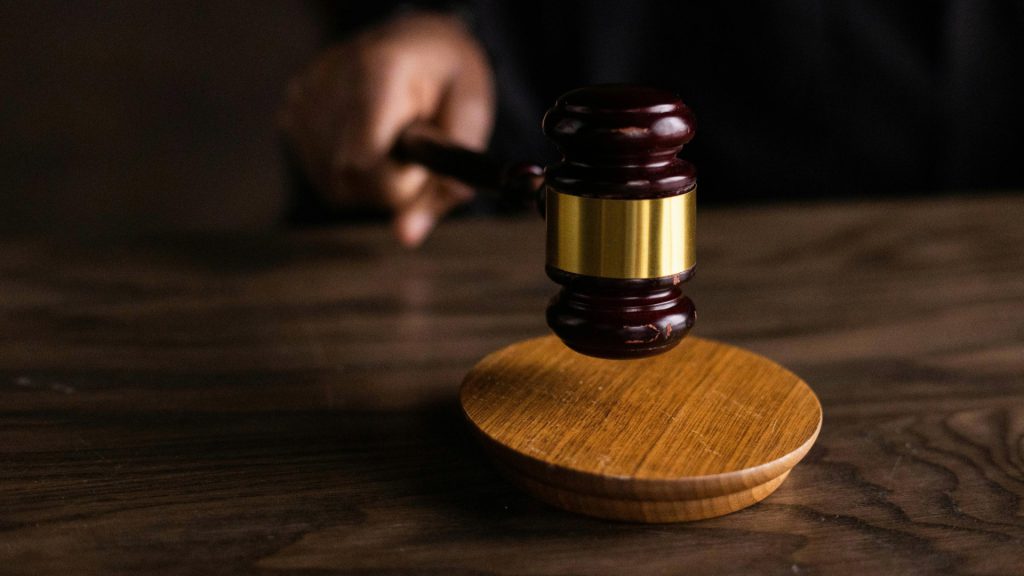
The appeals court was divided, asserting that Mckesson purportedly created “unreasonably unsafe conditions” by initiating the protest in front of the police station and failing to “dissuade his fellow demonstrators” once looting and item-throwing began at a grocery store. Additionally, the 5th Circuit noted that Mckesson led the protest onto a public highway – an act that violates Louisiana state law.
Supreme Court Rejects Mckesson’s Appeal
Mckesson filed an appeal that was recently rejected by the Supreme Court.
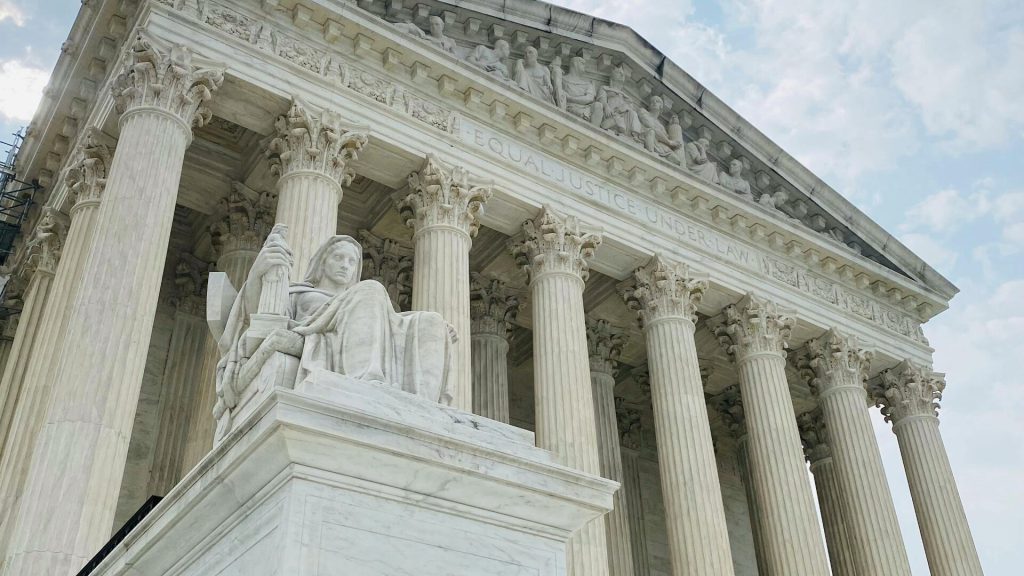
All Supreme Court justices agreed not to hear the case.
Justice Sonia Sotomayor Issued A Statement Explaining The Court’s Decision
Justice Sonia Sotomayor, a liberal, issued a statement explaining the court’s decision not to intervene.
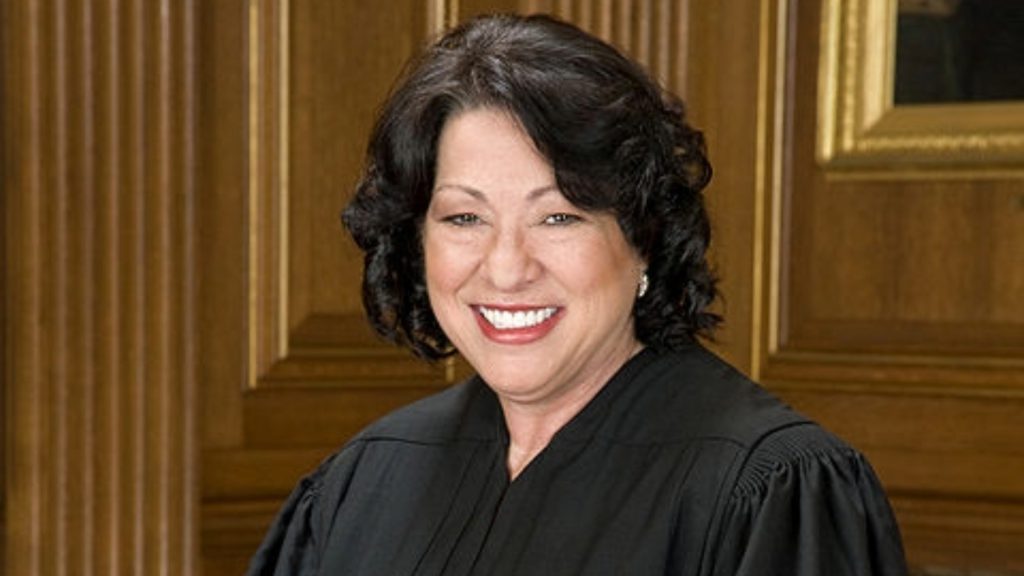
Sotomayor referenced a recent ruling by the Supreme Court that had addressed similar issues. Sotomayor suggested that it could have implications beneficial to Mckesson as the litigation progresses.
The Court’s Decision Does Not Express Any View About Mckesson’s Claims
Sotomayor, clarified that the court’s decision to not hear the case “expresses no view about the merits of Mckesson’s claim.”
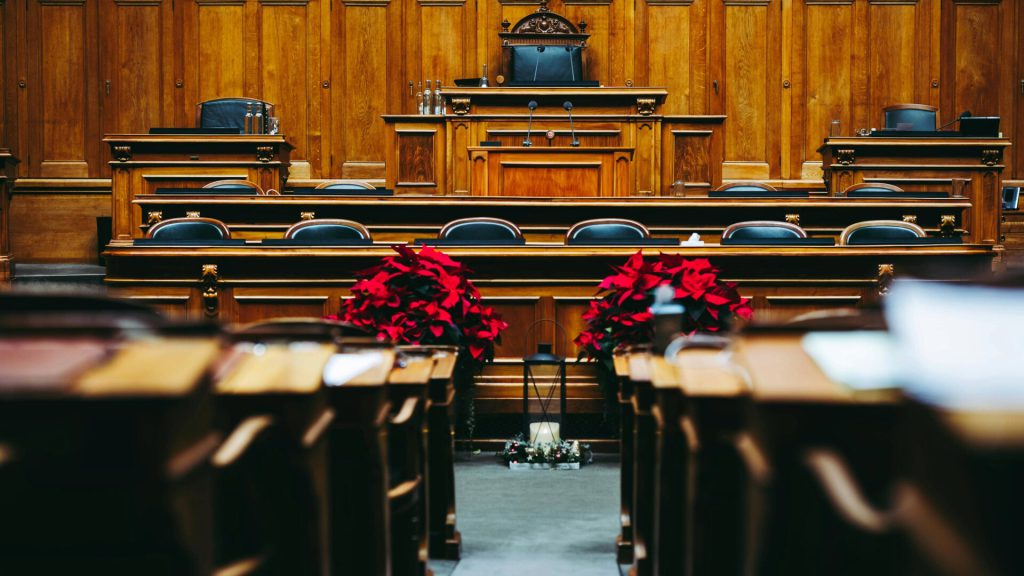
Sotomayor referred to a First Amendment decision by the Supreme Court from last year and emphasized that she anticipates the U.S. Court of Appeals for the 5th Circuit to “give full and fair consideration to arguments” related to the impact of that ruling in Mckesson’s case moving forward.
Mckesson’s Legal Team Is Confident That He Will Ultimately Succeed
Mckesson’s legal team expressed confidence that he will ultimately succeed in the lower courts.
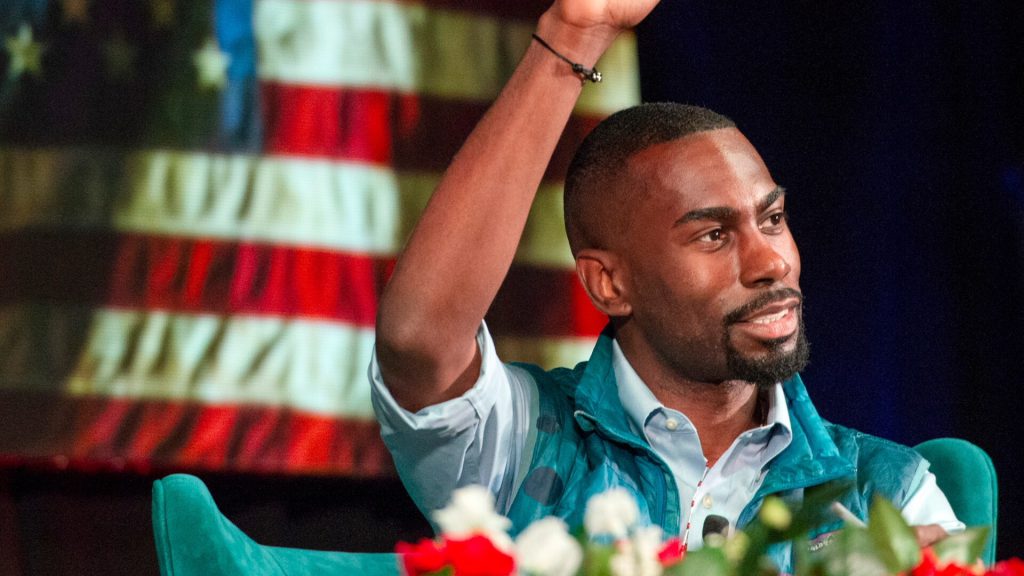
They would have preferred it if the Supreme Court had resolved the case immediately, but they are surely not giving up on it.
Mckesson Expresses His Views In A Statement
In a statement, Mckesson expressed his views on the lawsuit. He said, “The goal of lawsuits like these is to prevent people from showing up at a protest out of the fear that they might be held responsible if anything happens.”
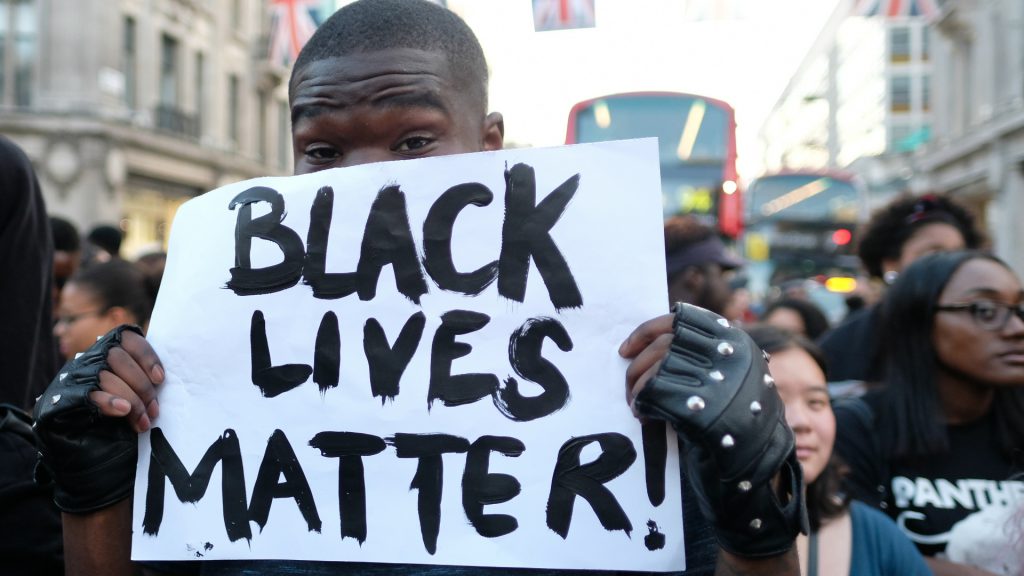
Mckesson added, “But people don’t need to be afraid to show up. The Constitution still protects our right to protest.”
Officer’s Legal Team Does Not Believe Mckesson Is Protected By The First Amendment In This Case
The officer’s legal team is equally determined to fight the case.
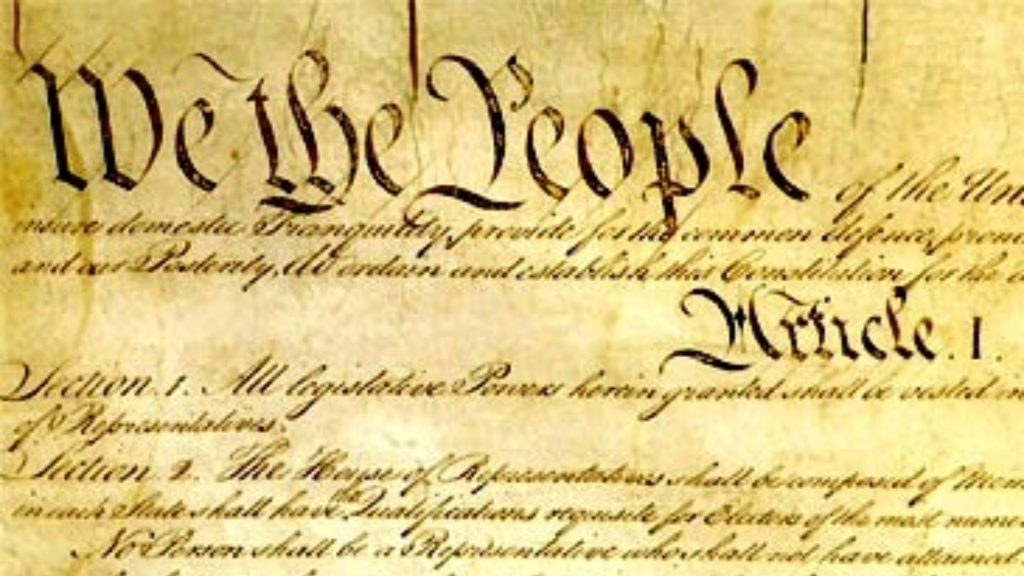
According to the officer’s lawyers, the First Amendment “does not protect against tort liability for the reasonably foreseeable consequences of one’s own negligent, illegal and dangerous activity.”
The NAACP Speaks Out Against The Appeals Court Decision
The National Association for the Advancement of Colored People (NAACP) highlighted that during the Civil Rights Movement, the court consistently opposed efforts by segregationists to stifle political engagement through civil lawsuits and criminal charges.
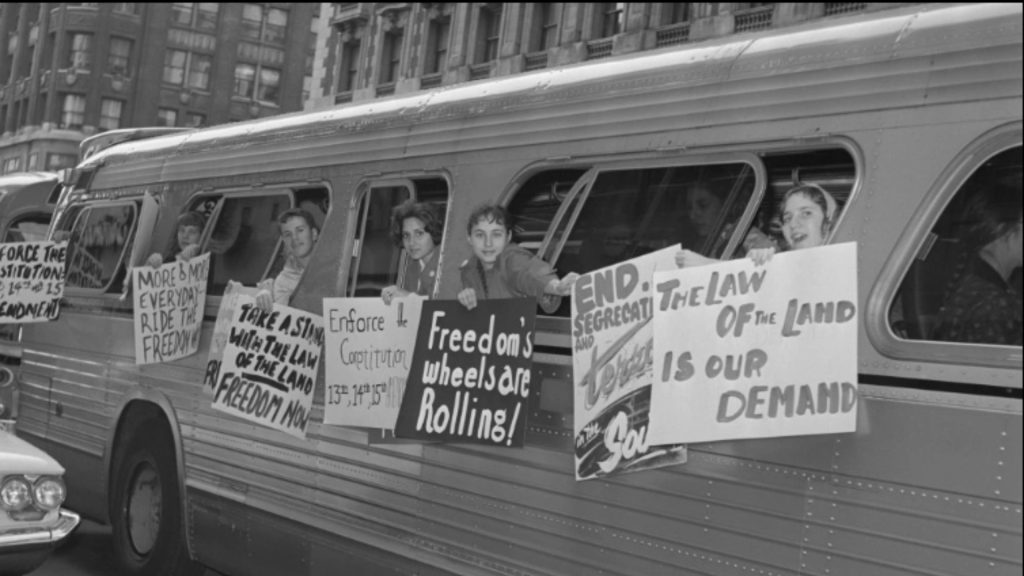
According to the NAACP, the decision of the appeals court “invites harassment and silencing of today’s civil-rights activists and leaders.”
ACLU’s Argument In Court
According to the ACLU, if the court’s decision is allowed to stand, then people will be afraid to participate in any kind of protest.
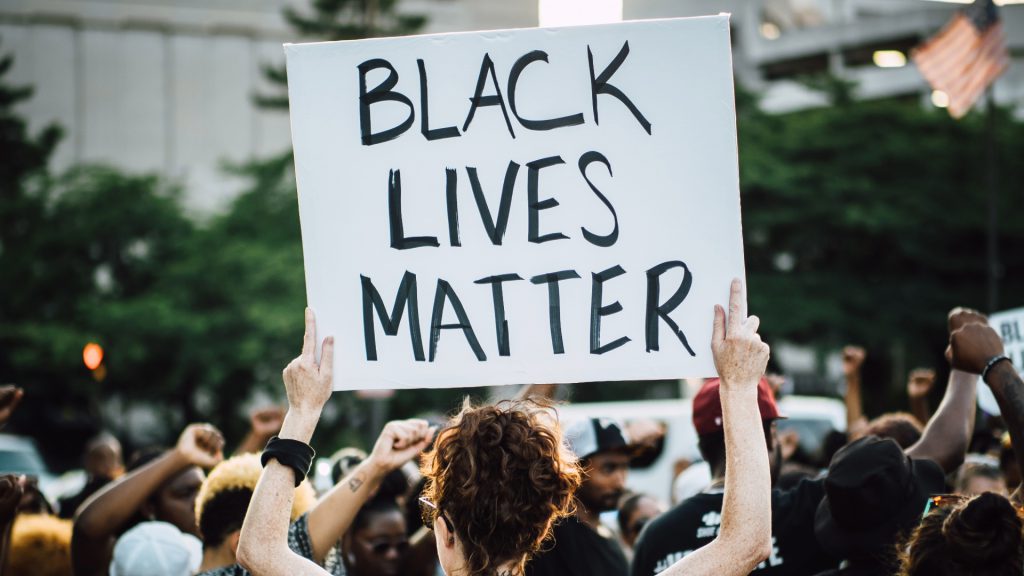
The ACLU said to the court, “Given the prospect that some individual protest participant might engage in law-breaking, only the most intrepid citizens would exercise their rights if doing so risked personal liability for third-parties’ wrongdoing.”

